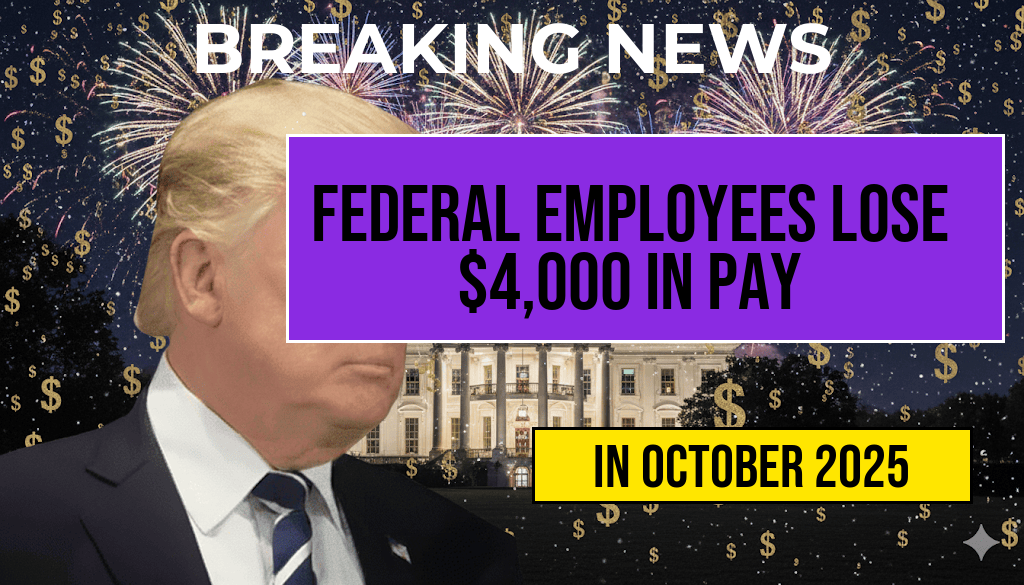As tax season approaches, businesses and freelancers alike are being reminded of the critical importance of filing all necessary forms, particularly the 1099 form. Starting in 2026, failing to file a required 1099 could lead to penalties amounting to $290 for each missing form. The Internal Revenue Service (IRS) has reiterated the necessity for accurate reporting, emphasizing that the penalties can accumulate quickly if multiple forms are unfiled. This change is part of a broader effort by the IRS to enhance compliance and ensure that all income is accurately reported and taxed. With the deadline for filing typically falling in January, taxpayers must be vigilant in tracking their income throughout the year to avoid these financial repercussions.
Understanding the 1099 Form
The 1099 form is used to report various types of income other than wages, salaries, and tips. There are several variants of the 1099 form, including:
- 1099-MISC: Used for reporting miscellaneous income.
- 1099-NEC: Specifically for reporting non-employee compensation.
- 1099-DIV: Reports dividends and distributions.
- 1099-INT: Used for interest income.
Each of these forms serves a specific purpose and is vital for maintaining accurate tax records. The obligation to file these forms applies not just to businesses but also to individuals who receive income outside traditional employment.
New Penalty Structure for Missing Forms
The IRS has implemented a revised penalty structure to encourage compliance. Starting in 2026, the penalties for not filing a 1099 form will be set at $290 per form. This change is particularly significant for small businesses and independent contractors who may rely on multiple 1099s for reporting their income. The penalties are designed to deter taxpayers from neglecting their filing responsibilities, thus enhancing overall tax compliance.
Specifics of the Penalty System
According to IRS guidelines, the penalties for failing to file a 1099 can escalate based on the duration of the delay:
| Time Period of Delay | Penalty Amount |
|---|---|
| 1 day late | $290 per form |
| Late (more than 30 days but before August 1) | $290 per form |
| After August 1 | $580 per form |
Importance of Accurate Reporting
Accurate reporting is crucial not only to avoid penalties but also to ensure that taxpayers are not underreporting their income. The IRS uses various methods, including matching information from employers and financial institutions, to verify reported income. If discrepancies arise, taxpayers may face audits, additional taxes owed, and interest charges.
Best Practices for 1099 Filing
To mitigate the risk of penalties and ensure compliance, taxpayers should consider the following best practices:
- Maintain accurate records: Keep detailed records of all income received throughout the year.
- File early: Aim to file all 1099 forms well before the deadline to avoid last-minute issues.
- Consult with tax professionals: Seek advice from accountants or tax advisors to ensure proper classification and reporting.
Resources for Filing 1099 Forms
Taxpayers can find additional information and resources regarding the 1099 filing process directly from the IRS. The official IRS website provides guidelines, forms, and instructions to assist in compliance.
As tax regulations evolve, understanding the implications of missing forms is essential for both individuals and businesses. By staying informed and proactive, taxpayers can avoid unnecessary penalties and ensure compliance with federal tax laws.
Frequently Asked Questions
What is a 1099 form?
A 1099 form is a type of tax document used to report various types of income other than wages, salaries, and tips. It is commonly issued by businesses to independent contractors, freelancers, and other non-employees.
What are the consequences of missing a 1099 form?
Missing a 1099 form can lead to penalties imposed by the IRS. Specifically, failing to issue or report a 1099 can result in fines of up to $290 for each form that is not submitted.
What should I do if I didn’t receive a 1099 form?
If you did not receive a 1099 form that you were expecting, you should first contact the issuer to request a copy. If you are unable to obtain it, you may need to report the income on your tax return without the form and keep records of your earnings.
How can I avoid penalties related to 1099 forms?
To avoid penalties, ensure that you issue and file all necessary 1099 forms by the appropriate deadlines. Keep accurate records of payments made to contractors and consult a tax professional if you are uncertain about your obligations.
What are the deadlines for issuing 1099 forms?
The deadlines for issuing 1099 forms typically fall in January for the previous tax year. For most forms, they must be sent to recipients by January 31st, and filed with the IRS by February 28th (or March 31st if filed electronically).






